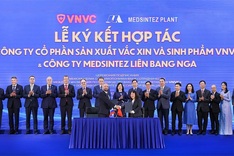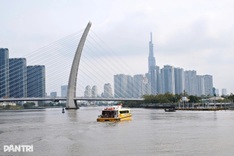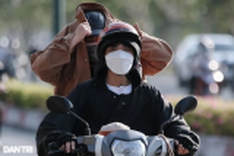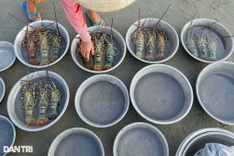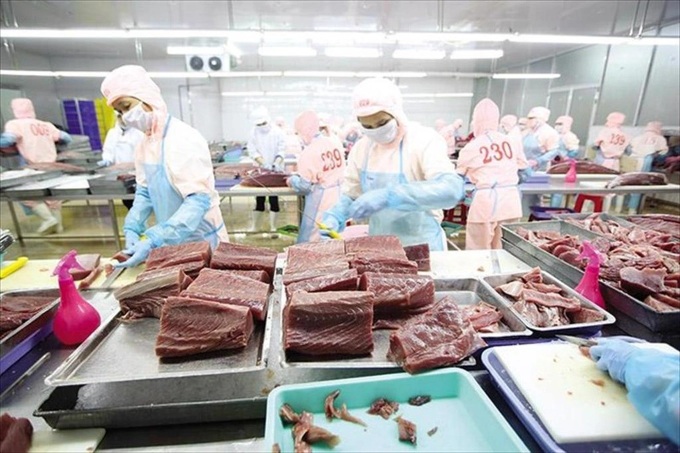
Vietnamese workers processing tuna.
The unprecedented challenge emerged after the National Oceanic and Atmospheric Administration (NOAA) announced on August 26 that products from these fisheries would be barred from entering the US from January 1, 2026, under the Marine Mammal Protection Act (MMPA). The ban targets methods such as gillnetting and purse seining, deemed high risk to marine mammals including dolphins and whales.
The affected products include flounder, marlin, mullet, snapper, swordfish, grouper, tuna, mackerel, crab, swimming crab, squid and lobster.
The decision, described by industry insiders as a “shock”, threatens export revenue, the livelihoods of hundreds of thousands of workers and Vietnam’s seafood standing on the global market. According to the Vietnam Association of Seafood Exporters and Producers (VASEP), the ban could cost the industry USD 500 million each year, with exports of the impacted products to the US valued at USD 511.5 million in 2024.
VASEP warned that the ruling places Vietnam at a “double disadvantage” compared with competitors such as Thailand, India and Japan, which have all received full equivalence recognition and unrestricted access to the US. Importers are likely to shift sourcing towards these suppliers, eroding Vietnam’s competitiveness.
The impact is compounded by Vietnam’s reliance on imported raw materials, with 75–80 per cent of tuna used for US exports sourced abroad. Several key suppliers, including Indonesia, China, the Philippines and Taiwan, also face partial bans, tightening raw material availability for Vietnamese processors.
In response, VASEP convened an emergency meeting on September 8 and submitted urgent proposals to the government. The association called for hiring US consultants for technical and lobbying support, establishing an inter-ministerial taskforce to develop countermeasures, and engaging directly with NOAA to clarify timelines and negotiate transitional arrangements.
At the enterprise level, VASEP urged its members to coordinate closely, communicate with US importers and prepare scenarios for production and market adjustments.


